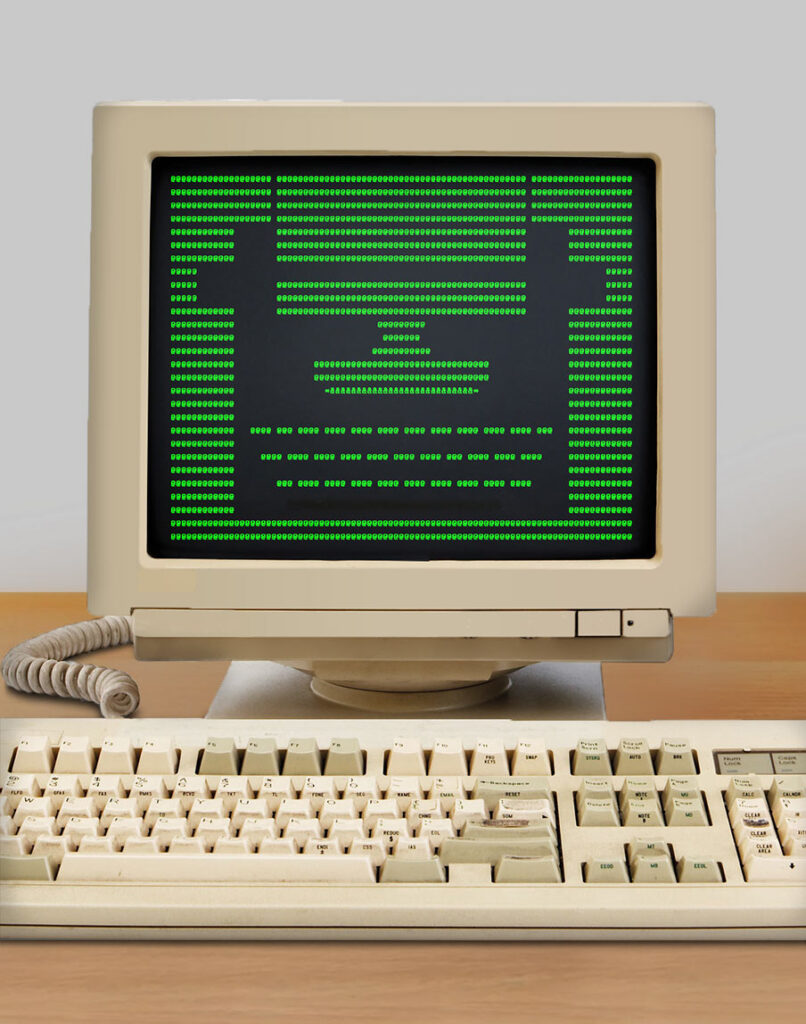I was always bewildered when teachers would explain the process for writing a paper. You were supposed to do research, take notes, make an outline based on the notes, write a first draft, review and edit the draft, and then write a second draft. To me, it seemed crazy to go through all those steps. Why not just write the paper?
From elementary school through high school, this is how I wrote a paper: I laid out all of the necessary books on my bed; started writing, referring to the books as needed; and stopped when I reached the required number of pages. Then I turned it in. I always got A-plusses on my papers.
A few things changed when I got into college. Because I was in an environment where “pulling an all-nighter” was a social norm, I was able to procrastinate longer than I could when I lived with my parents. That meant that at ten or eleven o’clock on the night before the paper was due, I’d roll the first sheet of paper into my typewriter. (College papers usually required making some sort of argument rather than doing straight research, so I could dispense with the laying out of books on my bed.) I’d start typing, and by morning, I had a finished paper.
In college, where standards were higher, I didn’t always get As on my papers, but the professors often commented on how well written they were. I only got a B-minus on my senior thesis, but I didn’t mind, because my thesis advisor said that it read like an essay in The New Yorker. I worshipped The New Yorker, so that was the highest compliment he could have paid.
I should note that unlike with most of my other college papers, I didn’t write my entire thesis the night before it was due, nor did I write it as I typed. I actually wrote it out in longhand first, in tiny printing on unlined paper, so I wouldn’t be distracted by guessing how many pages it was. I put a mark next to anything I’d said that needed to be supported by a source; then, after the draft was written, I went to the library to find sources that said what I needed them to say. (It was a huge library, so that was no problem.) Having thus taken care of the footnotes, I began typing.
Looking back on it, the fact that I was able to turn out papers this way seems unbelievable. As much as I prided myself on the fact that I was able to avoid making outlines and writing multiple drafts, the fact is that I did do those things — I just did them in my head. By the time I started the task of writing, the entire paper was already organized and reasoned out. All I had to do was come up with the words.
This was in the days before word processors. Once something was typed, there was no way to edit it, other than tearing up the sheet of paper and typing the whole page again. Obviously, that was something to be avoided, so I thought very carefully before committing any sentence to paper. Entire paragraphs were written and edited mentally before they appeared physically. The idea of doing that seems superhuman now.
When I got my first computer — an IBM PCjr, in 1984 — I was already making my living as a freelance writer. The way that computer changed my writing process was, almost literally, mind-blowing. All of that mental labor could now be outsourced to the screen. I could shape and reshape sentences, rearrange paragraphs, and change things I’d written earlier to better fit with what I wrote later, all without having to track and retain it in my mind. I don’t think I can say that my writing got better, but it sure got a hell of a lot easier.
I’ve been reading many articles about how online life is rewiring our brains — how we’re losing our ability to focus and concentrate for extended periods, and how we’re less likely to remember things, since our devices do most of the remembering for us. I’m not convinced that my use of Google and Facebook has changed me much, but I can definitely state that my brain is a very different animal now than it was prior to the 1980s. My post-computer brain can’t write without a word processor. On those rare occasions when I have to hand-write something — say, a message on a greeting card — I have to compose it first on a screen, and then copy down what I’ve written. (What an ironic reversal from the old days, when things were handwritten first, and then typed.) In practical terms, I can’t say that this is a problem. Word processors exist, and they’re not going away, so the fact that we (or at least I) depend on them doesn’t matter much. Still, the thought of having a superpower and then losing it feels kind of sad. I may have developed some other skill to compensate for it, but if so, I haven’t found it yet.

Recent Comments